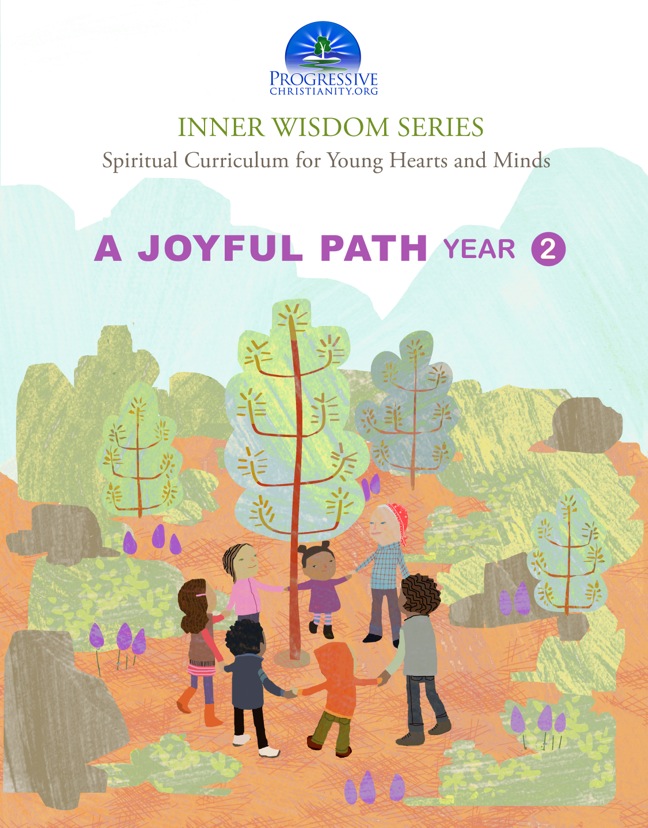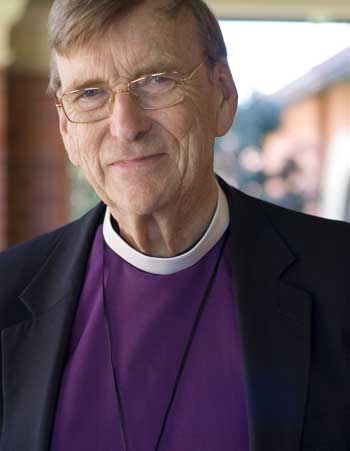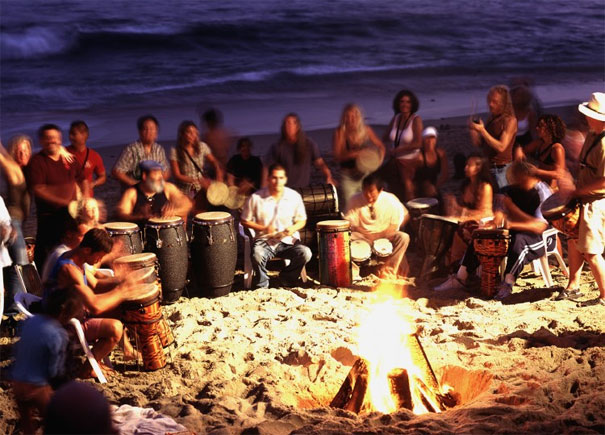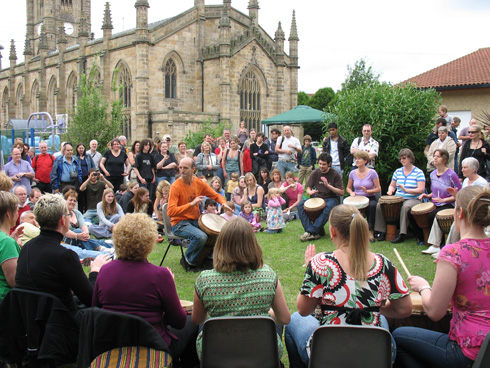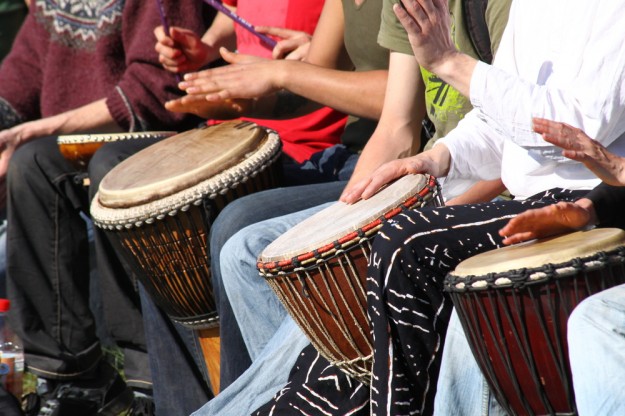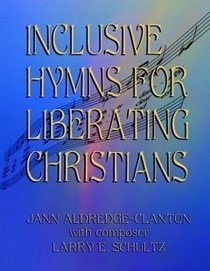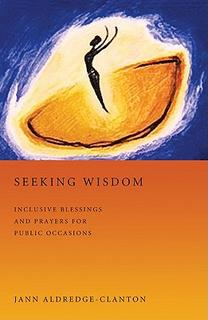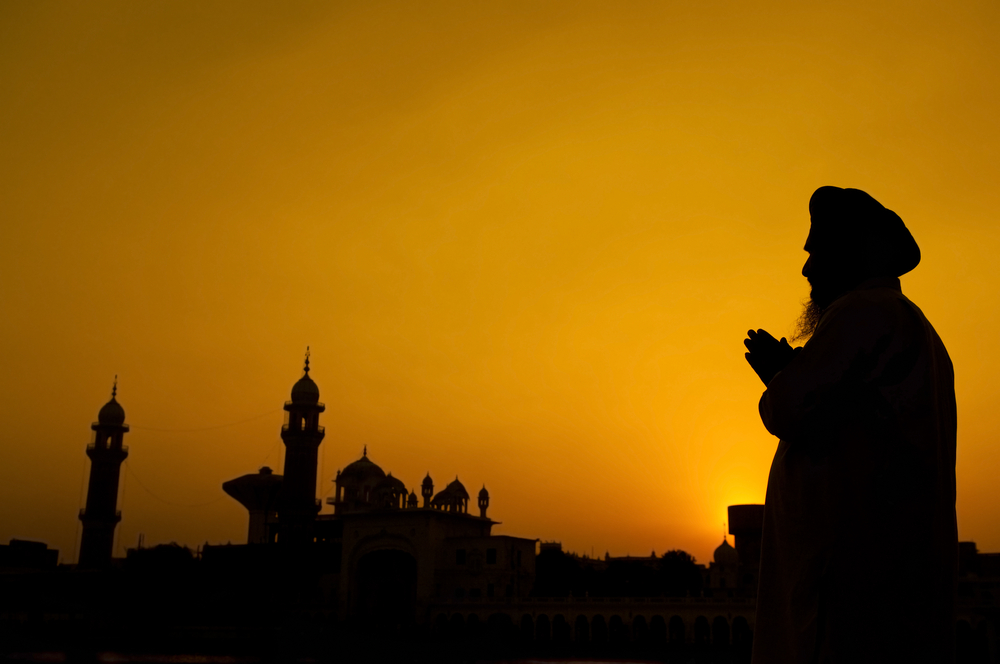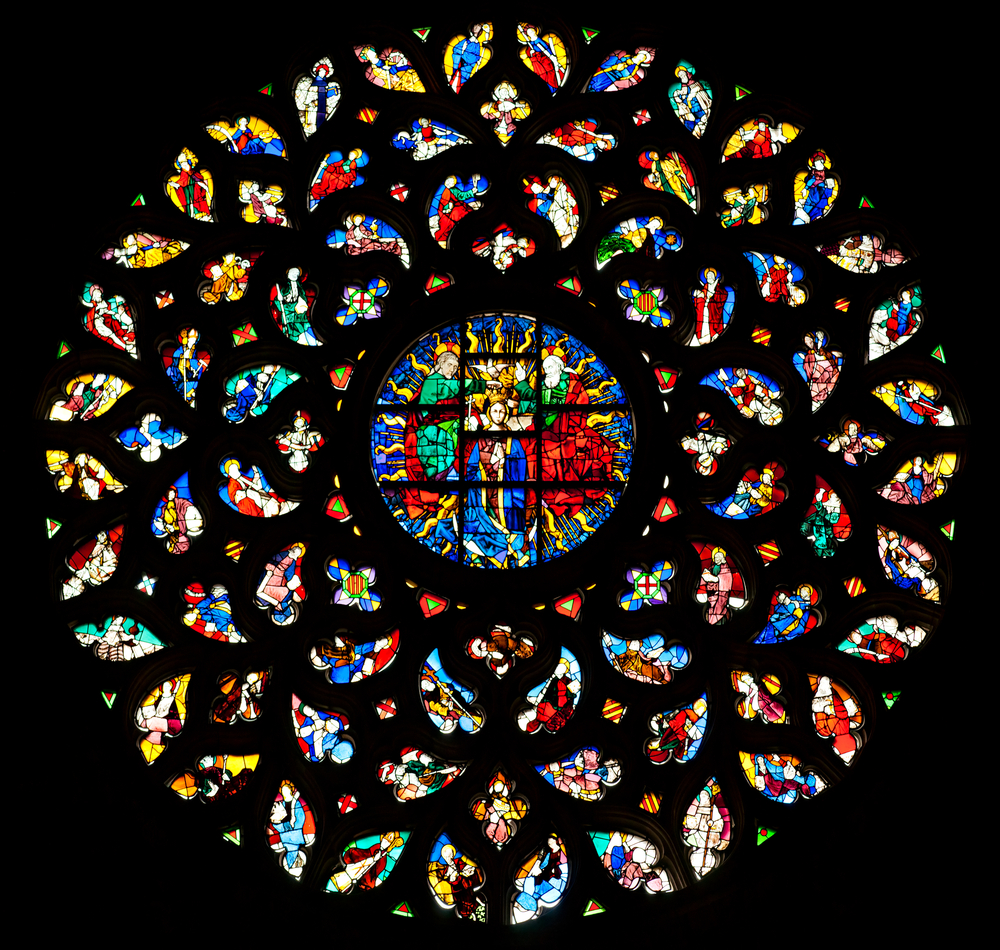In A Joyful Path, Year Two, we focus on some of the main tenets of Progressive Christianity and Spirituality, giving our children the foundation they need to walk the path of Jesus in today's world. It has stories and affirmations written to help children clarify their own personal beliefs while staying open to the wisdom of other traditions.
In May 2017, people from all over the world will gather in Portland, Oregon to share knowledge and wisdom, learn from each other, celebrate, be inspired, and find the tools needed to create and enliven local movements within our communities. Together we will explore sacred oneness, Christ consciousness, eco-spirituality, social justice and the way of universal and personal transformation that honors the Divine in all.
Can a living, vital and real faith that is true to the experience of the past, while dismissing the explanations of the past, be born anew in this generation? I believe it can and so to engage this task I issue this call to the Christian world to transform its holy words of yesterday into believable words of today. If we fail in this task there is little reason to think that Christianity, as presently understood and constituted, will survive this century.
There is hardly anything more rewarding then practicing acts of kindness, or when standing up for something we believe in, especially when we are able to see the positive affects of those actions. Jesus was first and foremost a social activist. He saw inequalities and injustices around him and he spoke out against them. He called us to give up our possessions, to share our bounty, and to love our enemies.
There is nothing like that feeling of the heart soaring when music touches the soul. And knowing the deep place the music can descend into our psychology, isn't it our responsibility to approach it with caution and a critical mind? Music teaches us about who we are and can evoke feelings in us we didn't know were there. Doesn't music in sacred community, then, need to also be sacred, relevant, and inspiring?
It is our village, our community, where we experience the most challenges, growth, support, and evolution. Whether you are a part of a thriving sacred community or would like to create one, we hope these eBulletins support you in your community journey. We encourage you to draw together, even just a few friends, find a common spiritual path, and share ritual, breaking of bread, music, discussion, and support on this journey of life and death, birth and re-birth. And we are thankful that you are a part of our larger community!
So what do I mean by a sacred community or spiritual community, or as Peck would call it a true community? I refer here to an intentional community with an identifiable common purpose. Maybe that purpose is simple to grow spiritually as individuals. It is a community where one can transcend oneself and experience a sense of the interconnectedness of life. It is a community in which each member seeks to see and relate to the divine or the sacred in the other.
Seeking Wisdom includes more than two hundred inclusive, interfaith blessings and prayers for public occasions. These blessings and prayers can be adapted or combined to fit specific occasions, providing a valuable resource for clergy and laypersons.
Part 2 of the Presentation given by Val Webb at the Common Dreams 2, Melbourne Australia. In progressive religious thinking, old images of God have been retired and new metaphors for the Divine within the universe, whether Energy, Presence, Spirit, Sacred, Ground of Being, Life, have become more authentic for a scientific world. Yet, in a multi-faith world, we cannot speak of the Sacred infusing the universe without recognizing It as that sought and described in all religions. How do we engage this Divine within the world, or the Divine engage us, if at all, in a multi-faith world? How do human beings step out with the Sacred in everyday life across countries, cultures, and religious persuasions?
Negotiating the Religious, Secular, Eclectic and Integral Perspectives
By: Rich Lang. It seems to me that one might find folks who have a dialectical relationship with any two, three or four of these historical sensibilities and value orientations within progressive Christianity. I'm going to guess that progressive Christianity can mean very different things to different people, depending upon whether they are primary engaged in the pre-modern/modern dialectic, the modern/post-modern dialectic, the post-modern/trans-modern dialectic, or are seeking to reconcile all four historical sensibilities (religious, secular, eclectic and integral) within a dialogical and paradoxical whole. I wonder if the future of Christianity (and other religions and ideologies) in the pluralist society and global age” is one of constructing a critically reflective and constructive dialogue between the pre-modern, modern, post-modern and trans-modern sensibilities, all of which make a powerful claim upon our common human nature and resonate with our richly diverse experience.

